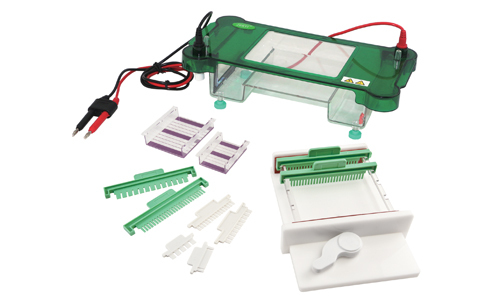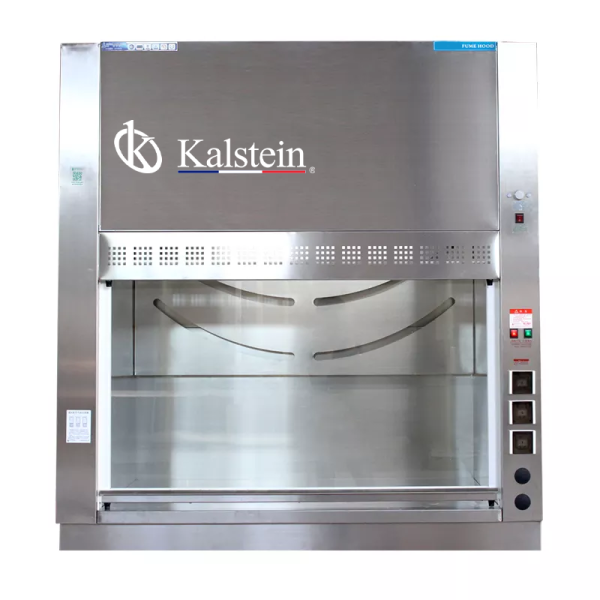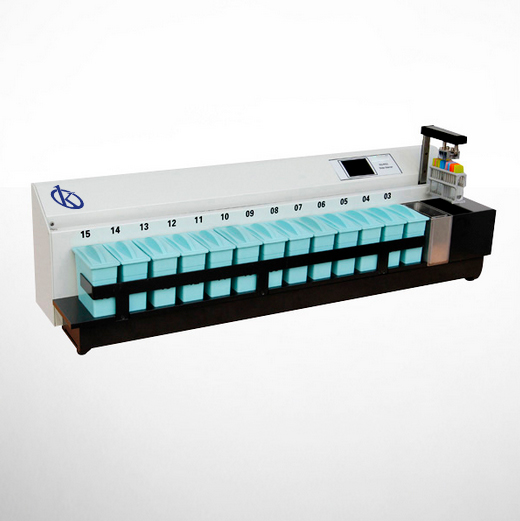A refrigerator is equipment specially designed for use in the laboratory, the main purpose of which is to keep very important substances, fluids and samples in perfect refrigeration. It is a device that provides a controlled environment, where these substances are conserved to optimal conditions.
This equipment is used to cool samples or specimens for preservation. They consist of refrigeration units for storing blood plasma and other blood products, as well as vaccines and other medical or pharmaceutical supplies. They differ from traditional refrigerators used in homes or retail establishments because they need to be completely hygienic and completely reliable.
Applications of a laboratory refrigerator
Laboratory refrigerators are equipment designed to store samples of patients’ blood and blood products, urine, and cerebrospinal fluid after the test, and to store samples obtained microbiologically. The cooling range of these common laboratory refrigerators is normally 1C-8C, depending on the laboratory protocol. These kits are reliable and also store reagents in a very stable way, as they commonly have a circular paper temperature control system, so that any deviation is easily detected.
Laboratory refrigerators may include anti-freeze fans to keep moisture in the cooling chamber. This allows a drier climate for dry reagents, or materials that are susceptible to moisture contamination. Among its applications is the use of these equipment to store microbiological materials such as media plates, making procurement easier, and inventory of supplies can be done without opening doors when they are glass. These glass doors are double to triple glazed and have a sandwich vacuum for excellent insulation. Air is often circulated as a fan to control moisture and cooling.
Other applications and characteristics of laboratory refrigerators
A fairly common application for a laboratory refrigerator is in the storage of volatile chemicals, vaccines and blood samples. These devices use strong frames and thick insulated panels to prevent cold loss. The additional features and mechanical assemblies of the equipment deal with situations such as opening doors, thus preventing the sample from spoiling. Blood and plasma supplies are similarly protected, and research material receives even more attention in the form of spoilage alarms and increased digital monitoring assets. The freezing variant of this concept is even deeper, taking samples well below zero degrees Celsius, a cold kingdom that is adjacent to the cryogenic territory.
These equipment have a series of compartments and shelves, components that isolate the samples from each other, thus reducing contamination of the samples. Therefore, it is important that laboratory personnel ensure that hygiene is maintained by implementing a routine cleaning program.
Main applications of laboratory refrigerators
Kalstein refrigerators are specially designed for various applications such as:
- The cold chain industry.
- Applications of biology, microbiology, clinical laboratory and botany.
- In the food and beverage industry.
- For research laboratories.
- In the pharmaceutical and healthcare industry.
What does Kalstein offer you?
Kalstein is a manufacturer of medical and laboratory equipment of the highest quality and the best technology at the best PRICES in the market, so you can make your PURCHASE confidently with us, knowing that you have the service and advice of a company specialized in the field and committed to provide you with safe, economical and effective options to perform your functions in the right way.
This time we present you our Pharmacy Lab Refrigerator of Grade Medical Cryogenic Vaccine Equipment YR05289. This innovative equipment with cutting edge technology has the following features:
- It is 2~8℃ pharmacy refrigerator is widely used in pharmacies and hospital laboratories. To place and preserve storage such as drugs, vaccines, enzymes, hormones, stem cells, extracted RNA and libraries of genes and important biological and chemical reagents.
- Equipped with a complete temperature alarm system with audible buzzer and visible flashing light capable of warning failures due to high and low temperature sensor errors, door half open, power failure and low battery.
For more information we invite you to take a look at: HERE




